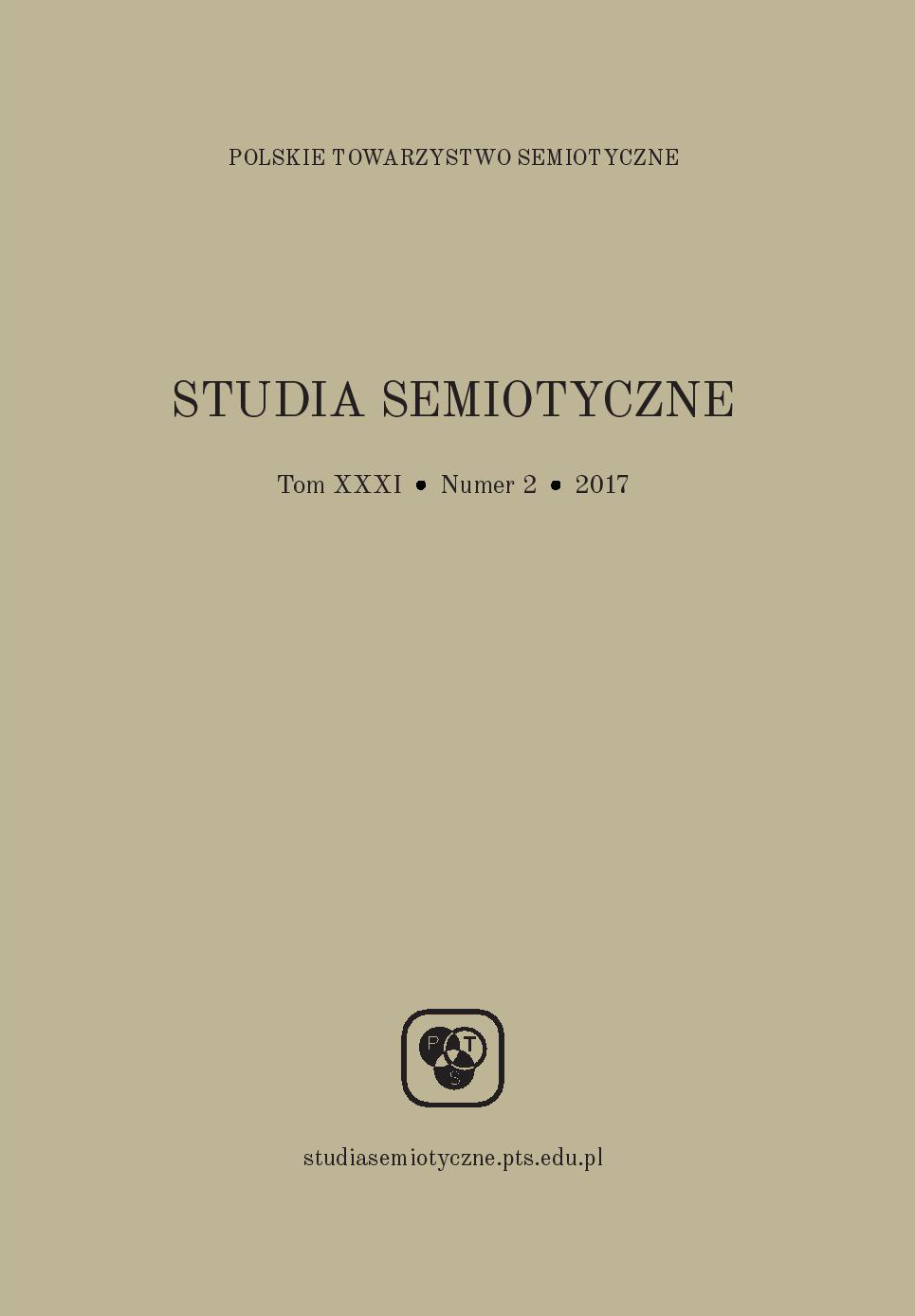‘Ought’, agents and ambiguity that matters
‘Ought’, agents and ambiguity that matters
Author(s): Joanna KlimczykSubject(s): Semantics, Philosophy of Language
Published by: Polskie Towarzystwo Semiotyczne
Keywords: ‘ought’; deliberative ‘ought’; Schroeder; agency; authorship; sentential ambiguity;
Summary/Abstract: According to a well-homed view in linguistic semantics, deontic logic and logic of agency, some ‘ought’ sentences, like ‘Kate ought to write there port’, are ambiguous between the so-called agentive sense as when Kate is the agent of writing the report, and the non-agentive, or evaluative sense as when, in the light of some norm or things being ideal, the proposition that Kate writes the report would come out true. Within this approach to the semantics of ‘ought’, the ambiguity in question is not due to any semantic ambiguity of the word ‘ought’, but the ambiguity traced to Kate writes the report.We may call the view in question, after Schroeder, the agency-in-the-prejacent theory, or APT for short. APT’s explanation of ambiguity has been put underheavy criticism by Mark Schroeder’s 2011 influential paper. Schroeder tried to undermine APT by exposing its central theoretical drawbacks, their being:(i) that APT badly overgeneralizes because if ambiguity is in Kate writes the report, then it should equally well be preserved under the non-agentive interpretation of ‘Kate ought to write the report’, but it is not, and (ii) that APT also under generalizes, since it ‘inscribes’ the same ambiguity as observed in‘Kate ought to write the report’ to a sentence that lacks it, e.g. ‘Bill ought to kiss Lucy’. I argue that both the ‘overgeneralization problem’ and the ‘undergeneralization problem’ are harmless for the criticized view, since Schroeder’s two central arguments against the respective problems are seriously defective.Also, the third problem identified by Schroeder, that APT cannot accommodate the deliberative sense of ‘ought’, is mistargeted. I argue that identifying the salient property of the deliberative ought is crucial for assessing whether APT is able to accommodate it or not, and that Schroeder failed to recognize this properly.
Journal: Studia Semiotyczne
- Issue Year: XXXI/2017
- Issue No: 2
- Page Range: 113-138
- Page Count: 26
- Language: English

